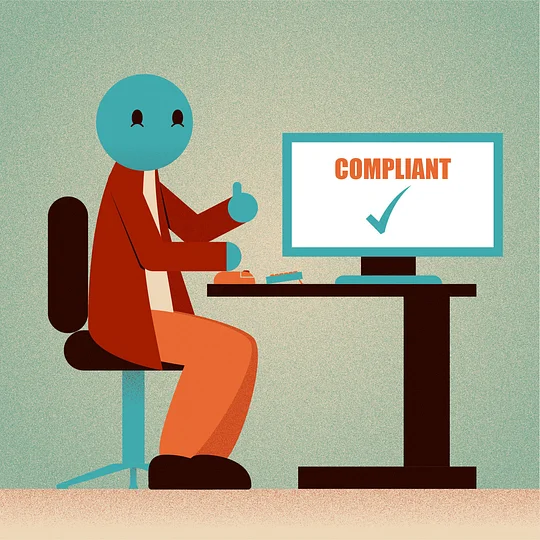Rethinking regulation: How to get it right

RegTech. Regulatory Technology.
When most people hear ‘RegTech’ they think it means automating compliance processes – you’d be forgiven if that doesn’t get you excited.
But the world of RegTech has moved on, and it would be a big mistake to think that’s all it is. From using Artificial Intelligence (AI) to detect criminals, to onboarding customers with biometrics, or writing rules as computer code, RegTech has evolved into a very colourful tapestry indeed.
At 11:FS we often talk about the difference between digitisation and digitalisation, and RegTech is no exception. Doing RegTech right isn’t about speeding up compliance by making a few analogue processes digital, it's about seizing the opportunity to rethink compliance and do it differently. Differently can mean faster. But it also means better for the customer. And more secure with less friction. And cheaper with less risk. And more efficient. And so on.
And yet, there’s an even bigger prize on offer. Faster, cheaper and better are big wins that RegTech can deliver, but it also presents the opportunity for a true paradigm shift in how financial services are regulated. Technology lets us rethink how we view compliance. Not as something an individual firm does, but as something the financial services sector does collectively. RegTech should be built with interoperability as the foundation.
Foil financial crime
In the fight against financial crime, FIs need to ensure they have systems in place to monitor, detect and report suspicious activity. Despite having large teams in place to meet these obligations, the UN estimates only 1% of illicit financial flows are intercepted and frozen. Clearly, something needs to change, and many are turning to RegTech for the answer. AI and machine learning are increasingly being deployed to help FIs manage their financial crime obligations. AI can process millions of data points, ‘learn’ what suspicious behaviour looks like and begin to spot things indiscernible to human teams.
But at the end of the day, each FI only sees a small piece of the financial crime puzzle. You can’t solve a global industry problem with an in-house solution, no matter how sophisticated it is. The question isn’t which bank has developed the best AI. The question is, can they talk to each other when needed?
Shift the paradigm
And this is where the real paradigm shift that RegTech can deliver comes into play. Co-operation, open-source, and networks are not terms that many banks are overly fond of, but in certain areas of compliance, it’s the only logical step forward.
Standardisation and interoperability need to be built in from the start. How much stronger would our anti-money laundering (AML) network be if we could tackle it collectively? Industry-wide utilities for sharing Know-Your-Customer (KYC) and AML data, sharing new fraud typologies, or having an industry-wide view of a suspicious money flow? With the right tools, we can do so much better.
Another huge pain point is regulatory reporting. Navigating regulation, interpreting it, mapping to internal systems, generating reports, and sending them to the regulators costs UK firms in excess of £1 billion every year. But what if we could automate all this?
That’s precisely what the FCA and a number of major banks are working on. Interoperability and standardisation would allow the sector to move towards a common industry data model. Regulations could be published as computer code — automatically ingested by the firms and high-quality data sent back in return. A collective industry view on the regulation — instead of each FI having to do it separately.

This is why doing RegTech right means thinking about interoperability from the start. Using advanced technology can make compliance faster, cheaper and better. But the real wins will be achieved by linking these systems together. Trying to do this after they’ve been built would be to repeat the mistakes of the past. Technology has disrupted so many other industries - let’s learn from it and get compliance right.
It won’t be easy, and there are a lot of challenges. But banks now spend $270 billion per year on compliance globally. Better services, better products and market integrity for a tiny fraction of that cost?
The payoff is worth it.


